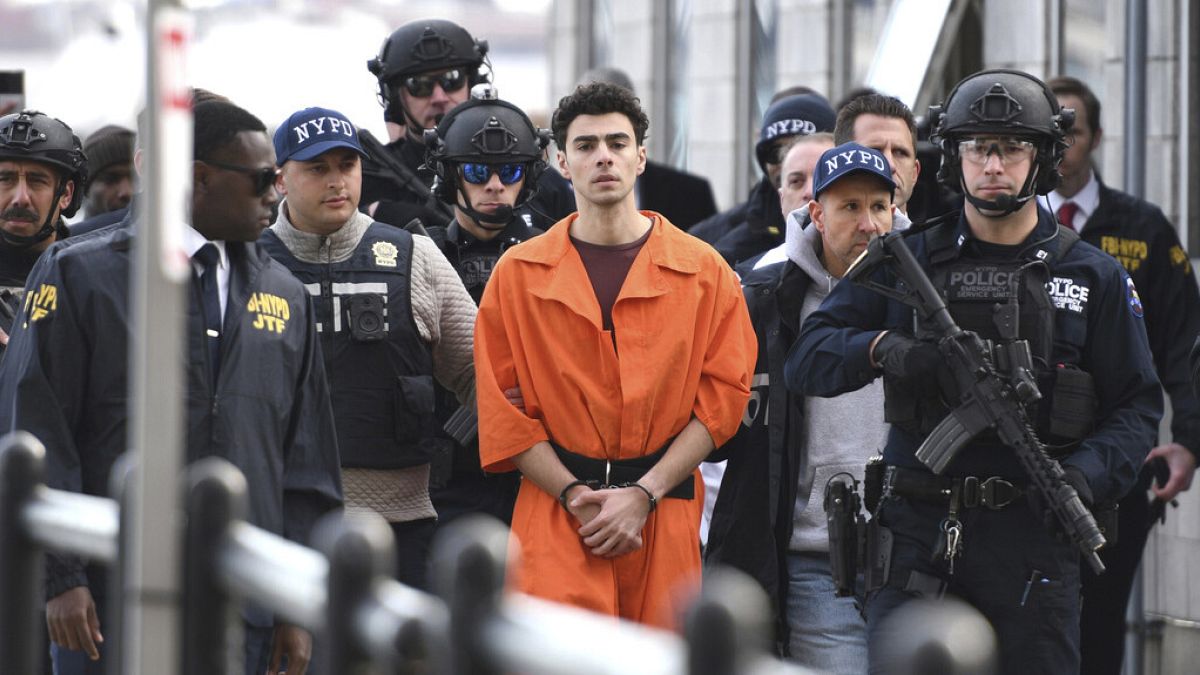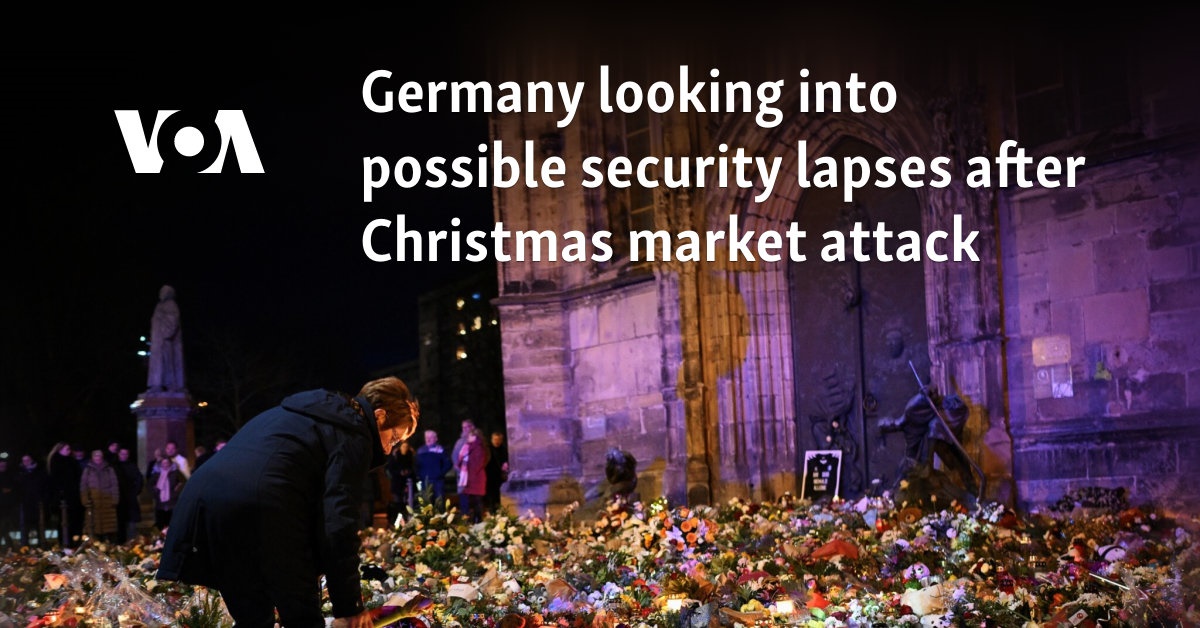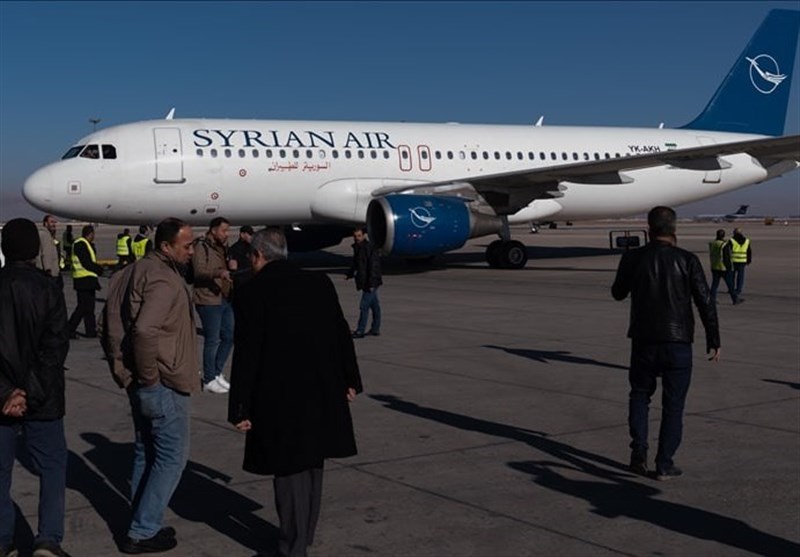President Metsola presented the Sakharov Prize 2024 to Venezuela’s Edmundo González Urrutia and María Corina Machado at a ceremony on Tuesday in Strasbourg.
Edmundo González Urrutia, a diplomat and politician who succeeded Machado as the main opposition candidate after her disqualification, denounced the failure to publish the official results of the July 2024 presidential elections and contested Nicolás Maduro’s declared victory. He left Venezuela in September 2024, following the issuing of an arrest warrant against him, and was given refuge in Spain.
Speaking to MEPs, Mr González Urrutia said: “sooner rather than later, our country will take a turn in a direction determined by our people. The abuse and violence of these days is just a clumsy attempt to postpone what is unavoidable.”
“No government based on violence is stable,” Mr González Urrutia said, underlining the fact that Venezuelans, including partisans and former partisans of the regime, “want to advance on the path of freedom, democracy and understanding among us all.”
Venezuela’s president-elect said the Sakharov award strengthens his commitment to dialogue and symbolises the unity of democrats across the world who “today, more than ever, need each other”. He concluded that “Venezuela’s fight for freedom and democracy is the fight for these values in the whole world.”
In her intervention made remotely, María Corina Machado denounced the fact that “for a quarter of a century they have attempted to divide, weaken and subdue us (…). Preaching hate, they tried to pit us against each other, people against people; divide us between rich and poor, left and right, white and black, those who leave and those who stay, and also for our religious beliefs.”
“They also pursued the destruction of all democratic institutions, from an independent judiciary to the popular vote. A corrupt and criminal regime has suffocated the economy, prompting the worst levels of hyperinflation in history and turning millions into dependents of public aid conditioned to political loyalty, without dignity nor future,” she added. “But Venezuela has reacted,” Ms Machado said, highlighting that the 28 July presidential elections marked the start of an unstoppable genuine change which transcends the current time and Venezuela’s borders. “We know we will succeed (…); Venezuela’s victory will be the victory of all humankind,” she concluded, thanking the European Parliament “for proving we are not alone”.
In a resolution adopted on 19 September 2024, the European Parliament recognised Mr González Urrutia as the legitimate and democratically elected President of Venezuela and María Corina Machado as leader of the country’s democratic forces. MEPs also said international election observation mission reports made it clear that the Venezuelan presidential election did not comply with international standards of electoral integrity.
Earlier in February 2024, the European Parliament had urged the member states to maintain the sanctions imposed on the Maduro regime, and to step them up until there is a clear and permanent commitment by the regime, in line with the Barbados Agreement, to uphold basic democratic standards, the rule of law and human rights.
In July 2023, the European Parliament strongly condemned the Venezuelan regime’s arbitrary and unconstitutional decision to prevent prominent political opposition figures such as María Corina Machado, Leopoldo López, Henrique Capriles and Freddy Superlano from running in the 2024 elections.
You can watch the recording of the ceremony.
Background
Named after Soviet physicist and political dissident Andrei Sakharov, the Sakharov Prize for Freedom of Thought is the EU’s highest human rights award.
Created in 1988, it has been awarded by Parliament to individuals or organisations every year since 1988, in recognition of their work in one of the following areas: the defence of human rights and fundamental rights, in particular freedom of expression, the safeguarding of minority rights, respect for international law, the development of democracy and the defence of the rule of law.

 By The European Times | Created at 2024-12-23 10:28:08 | Updated at 2024-12-23 15:18:26
4 hours ago
By The European Times | Created at 2024-12-23 10:28:08 | Updated at 2024-12-23 15:18:26
4 hours ago








